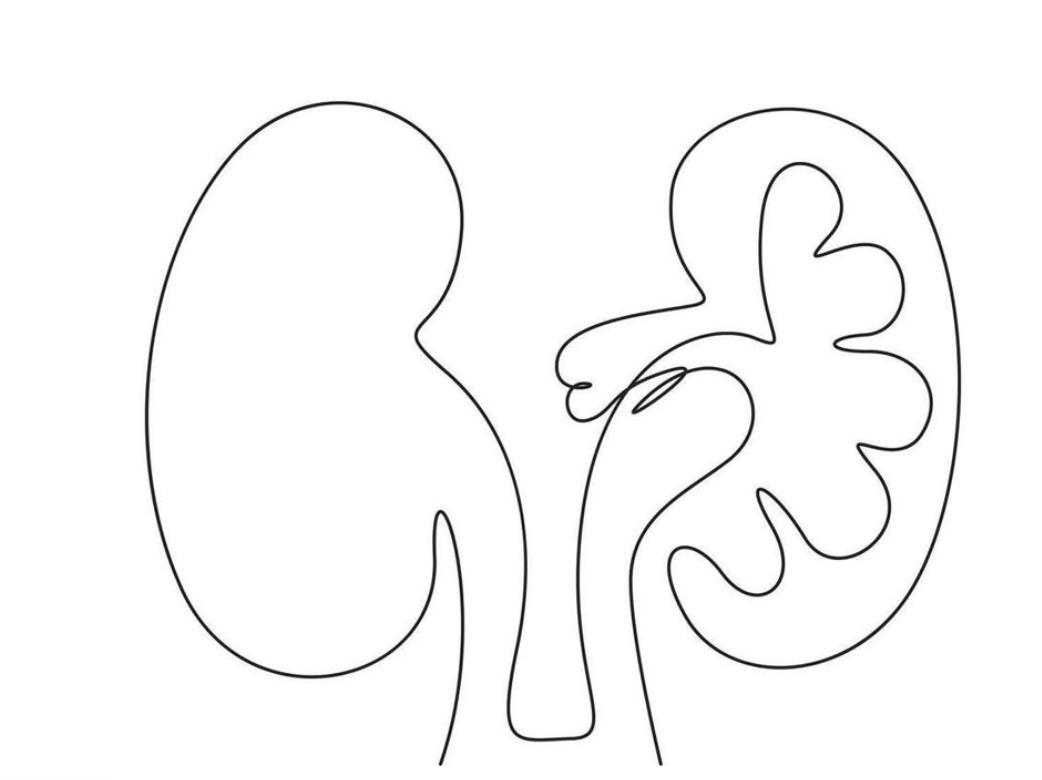First days in Paris
Hi Again!
Those first 10 days in Paris were honestly some of the hardest. Imagine moving to a city that feels both completely unknown and yet weirdly familiar at the same time. The only times I had ever been to Paris before were as a kid, usually for a couple of days to visit my uncle Daniel and cousins before heading down south to Uchaux, near Orange (the closest big city being Avignon).
But this time was different—it wasn’t just a short visit. I was here for an undetermined amount of time. And I was in Paris not because I wanted to, but because I had to.
As I’ve mentioned before, I grew up as a third-culture kid. Born and raised across countries, I never really knew where I belonged. In Singapore, all my friends—the Deplancks, the Stauffers, the Singhs, the Xatarts, the Montagnes—seemed to have one country they could truly call “home.” I always felt like my story was more complicated. At the French school, I wasn’t “French enough.” Around Argentines, I still felt like an outsider. And now, moving to Paris, it all came back—I didn’t really fit anywhere.
It was just me, my mom, and my Argentine side of the family in Paris: Daniel, Marie, los mellis Emile & Martin, Harold, Julie, Joseph, Suzanne, Jean, Gligli, and Michel. Shoutout to Michel—a retired dentist, grandfather of Emile and Martin, father of Julie & Marie, husband of Gligli—who went out of his way to connect my mom with nephrologists in Paris through his network. Thanks to him, we eventually found the famous Professeur Thervet.
Those first days were rough. I couldn’t even walk because of the gout, so my only way of getting around was by Uber. Sleeping was even worse—my nights were unbearable, and I still carry a terrible nighttime routine from back then. My mom had to wake me up every morning because left on my own, I wouldn’t have gotten out of bed. I wasn’t sure if it was the pain from the gout or depression—or both.
We would sit at the table for breakfast, my mom and I, but our conversations were short. The news about what was happening in the world was so heavy that it just made me want to crawl back into bed and not move. Not watch a movie, not a series—nothing. Just lie there, staring, while my brain flooded me with questions most 20-somethings don’t usually ask themselves:
What happens when we die? Where do I go when I pass away? Am I going to die? Why didn’t I listen to doctors?
The longer I stayed in bed, the darker my thoughts got. My mom did everything she could to keep me from sinking too deep, and seeing the Hagges once in a while gave me small moments of relief.
Then came the call from Professeur Thervet. The results were bad, and I had to restart EPO treatments for anemia.
This wasn’t new to me. When I was four, after months in La Trinidad Hospital in Buenos Aires, I flew back to Singapore where Dr. Gong at Gleneagles discovered I was anemic, a common issue with chronic kidney disease. His solution: EPO. Think of it like blood doping, except instead of chasing medals like Lance Armstrong, I needed it just to survive.
From the age of four and for a few years, my parents had to inject me with EPO every week. Even my parents’ friends were trained to do it when I slept over at their houses. My dad was usually in charge—he’d come home from work, after long calls, and I’d know exactly what was coming. I hated it. The injection wasn’t fast like a normal vaccine—it was slow, steady, and inescapable. I’d run around the house trying to hide, but there was no escape.
Fast forward to January 13, 2020: I was back on EPO. My mom picked up the prescriptions, and this time, I decided to learn to do the injections myself. One of my sisters, who had recently been diagnosed with diabetes, trained me on how to inject into my stomach. At first it was terrifying, and I needed courage—honestly, I wished I had liquid courage, because I needed it.
For context: EPO (Epoetin alfa-epbx) is a man-made version of a hormone that healthy kidneys naturally produce. It tells the bone marrow to create red blood cells. Without it, anemia takes over—and for people like me with chronic kidney disease, it can completely drain your ability to function. source: https://www.mayoclinic.org/drugs-supplements/epoetin-alfa-epbx-injection-route/description/drg-20443760
After being prescribed EPO again, I slowly began to feel a bit better. My energy was coming back piece by piece, and the gout started easing thanks to the medication Professeur Thervet had given me.
But even as my body was starting to recover, my days still revolved around staying at home, lying in bed, and endlessly scrolling through CNN. COVID was creeping into every headline, spreading faster each day. It wasn’t just my illness and my own questions weighing on me anymore—it was the uncertainty of a world that suddenly felt unsafe, unpredictable, and terrifying.
This is me, signing off — Till next time!
Gee
